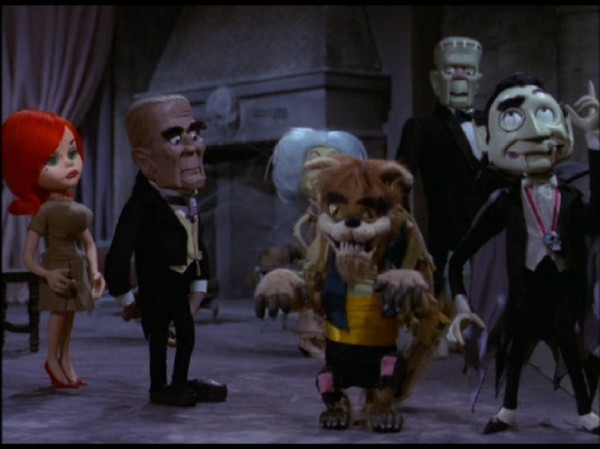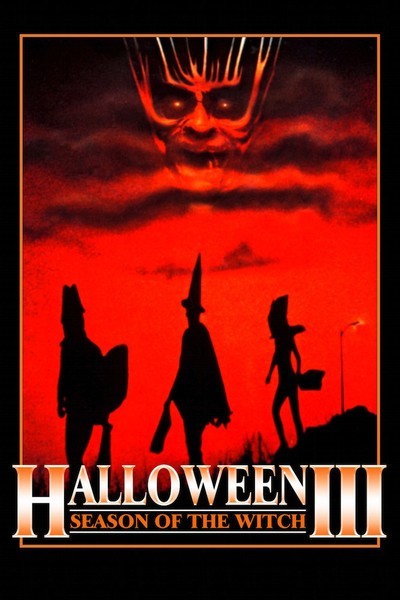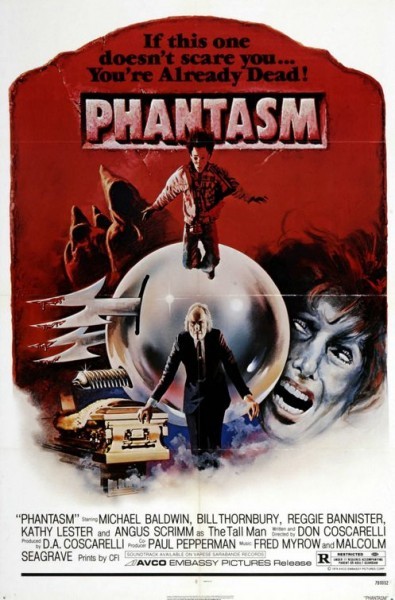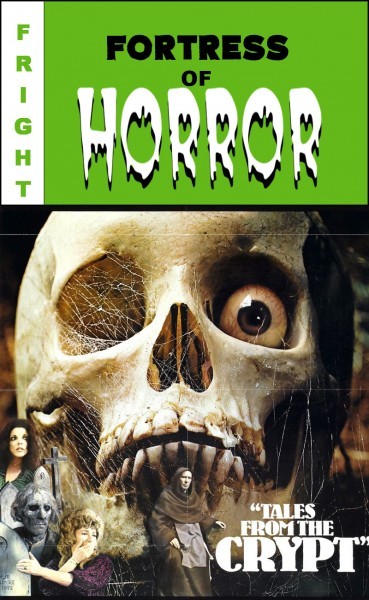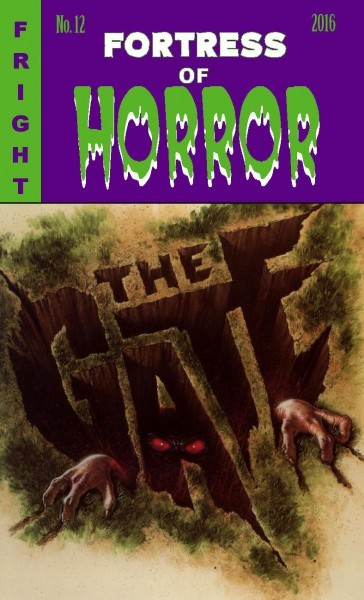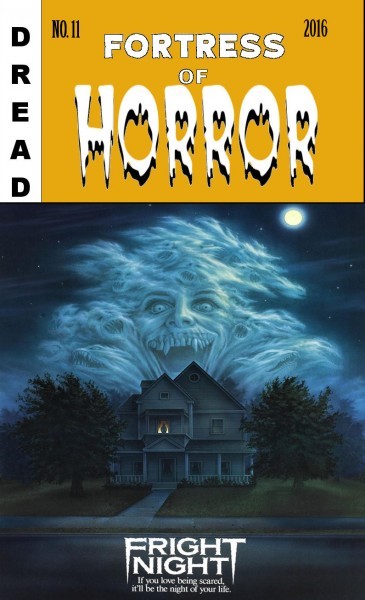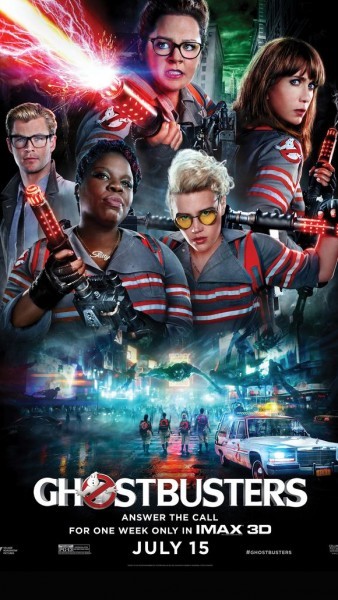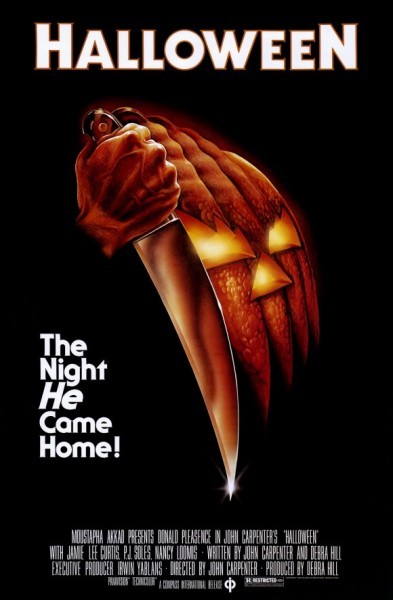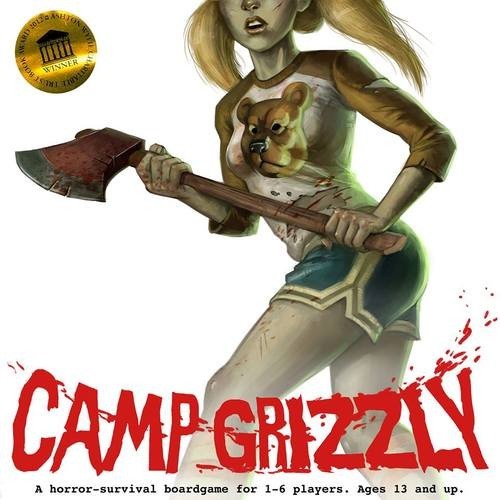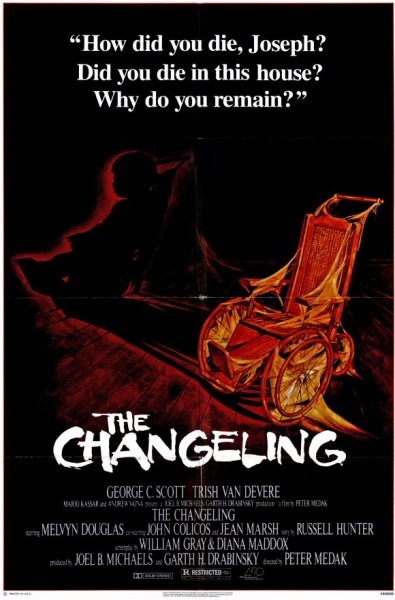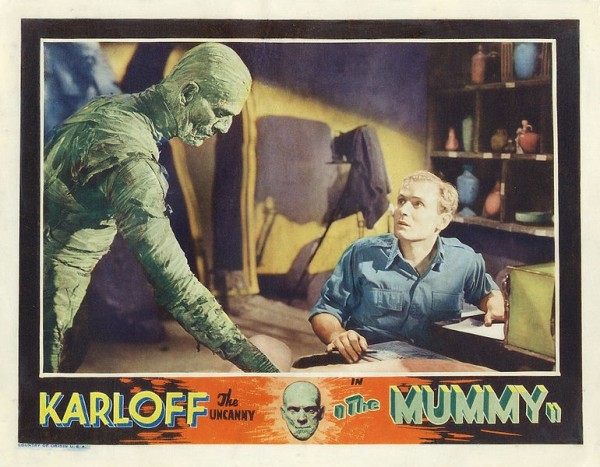Venturing out past the novel and the 80s film, the series tries to establish a path toward the (ahem) future.
[Going to do two episodes at a time for the first four to catch up and then revert back to one episode for 5 and beyond.]
The last time I wrote about The Handmaid's Tale, I questioned how much of the impact of the story would be lost as the showrunners tried to extend it past its original foundation. Whenever anyone tries to stretch their story beyond its original (and critically-lauded) boundaries, you often run into the dreaded sequel phenomenon, with reactions ranging from "This is isn't as good as the original." to "Why did this even happen?" See The Matrix Reloaded and The Matrix Revolutions for a pristine example as to why. The original film was a philosophical concept piece that was pitched to Warner Bros. as a complete package. Here was the Wachowskis' story: beginning, middle, end. This was not a Star Wars segment, as George Lucas signaled with the opening credits of his first film. It was a statement. The statement was made and everyone moved on.
Except... the whole popularity thing. It blew up. Warner Bros. threw money at the sisters for a couple of sequels (since pre-filmed trilogies were de rigueur in those days) and they were forced to extend their succinct and interesting statement into... something. We have a similar situation with The Handmaid's Tale, in that Margaret Atwood's novel was a statement that didn't need or invite sequels. Of course, Bruce Miller and MGM/Hulu planned this new series as just that: a series. So, assuming the first offering was decently received, they always knew that they were planning for more, so there was no jarring moment of having to revisit and rework what had seemed complete.
In Episode 1 of the new season, they solved that "Where do we go?" question rather swiftly. After giving the requisite demonstration of just how the handmaids' mass rebellion had been received (i.e. Who's still in charge here? Oh, that's right. We are!), the writers set June on the run, letting us know that the central theme for her character and the season would be the escape from the Republic of Gilead. There were the usual moments of group manipulation, where the underclass was shown that their problem wasn't really the overlords, but was actually those members of the underclass who dared to speak out (June.) You can see the parallel in any American election, where the problems of powerless white folk are somehow not caused by powerful white folk, but by the even more powerless non-white folk. You beat back rebellion by showing people that the problem comes from below, not above. In this case, the "problem" comes from an even more particular class: a rebellions childbearer, so that the message becomes even narrower: This is what you should be (childbearer through the system dictated by God; happy face!) This is what you should not be (rebelling against the system dictated by God; frowny face!) The fact that June embodied both is the signal for just how fragile most fascist and religious systems of government always are.
On the subject of June's flight happening so quickly, one can argue it two ways. Either they didn't give the audience time enough to settle back in so that her escape could carry even more dramatic impact or they kept the audience from settling in to the "the norm" of last season and getting bored or frustrated with the fact that the escape wasn't happening, especially when Moira had managed it at the end of last season, leading to one of the most poignant moments of the entire story when she finds Luke in Canada. I tend to favor the latter. If you want to move in a new direction, there's no sense in using up 10 or 20% of your allotted time trying to ease people into the change. They've seen enough of the first part to have come back for a second season, so you might as well move on to the story you want to tell in this season.
From a technical perspective, I have to call out Mike Barker's excellent direction here. The opening sequence, where dialogue is kept to a minimum and the handmaids are being herded through the corridors and it's all flashing lights and muffled screams and chaos, is a fine example of visual storytelling. You don't need explanation or exposition. Everything that's happening on the screen is what you need to know about June and everyone else involved. When they emerge on the field at Fenway for the faux hanging, my first thought was that some viewers might not be able to accept this crazy change to normal life. After all, people are condemned to hard labor in "the colonies" and women are wrested from their families and used as sex slaves, but what could disrupt America so much as to interrupt sports? Yes, that's slightly facetious, but such a thing is not too far from the reality that many other societies have faced. The CIA-backed coup in Chile in 1973, for example, was an instance where soccer stadia were used as prison (and execution) camps. Anyone familiar with South American nations will know that they're every bit as crazed about about their football as Americans are about baseball and, yet, here was an instance where the sporting world gave way to the political one.
There were several nice touches to both the present and the past in some of the scenes, as well. Aunt Lydia's fervent ringing of the bell to signal June's pregnancy to the world hearkened back to a time when the church bell was a method of communication for many purposes; not least to signal the joy of discovery or an event that should be celebrated by all, as the citizens of Gilead now do in an attempt to reassure themselves that their society and culture will not give in to the implacable demands of biology and environment. Similarly, the flashback to June being questioned about her fitness as a parent for not treating Hannah with the heightened level of care that the state has determined is necessary for children is reminiscent of modern "helicopter parents" and the various Helen Lovejoys of the world who tend to flinch from anything that does not put children before any other concerns (when economically convenient, of course.)
Episode 2 gave us our first view of the colonies, to which all Unwomen are condemned for various crimes, and we found out a great deal more about Emily's path to the Republic of Gilead and saw veteran character actor of TV and film, John Carroll Lynch, play a role as a man severely impacted by the change in society because of his sexuality and his conscience. But as interesting as the depiction of the slave labor camps (and their still unspecified tasks; is it possible to clean what appears to be a toxic chem site with basic hand tools?) was, I thought the far more important scenes for the story were those showing Emily in her previous life and, of course, June in the abandoned building of the Boston Globe. Putting aside the small in-jokes of June taking refuge in the building that housed one of the more famous religious sex crime investigations of the modern era, the cycle of emotions that June went through was the really fascinating part.
There was the obvious and everpresent fear and despair. But her time with Nick really allowed her to finally express the rage and frustration that Gilead has created for many people, but especially the handmaids. While she's been able to rant and cry in her own room before, this was her first opportunity to do so when directed at another person. And, of course, not just any person, but Nick, who is not only her lover and the one who rescued her from her servitude, but is a member of the Eye; part of the apparatus that maintains the environment that she just escaped from.
In a larger sense, their scene in the Globe is important because it highlights two things. First, that June is a human and after this much stress and anguish, she displays very human reactions to her situation. She's tired of waiting. She's annoyed at having traded one form of confinement in the commander's house for another in an abandoned newspaper. She doesn't want to be careful. She just wants to take her opportunity and move on. Once Nick gives her the keys, reason sets in (as it only occasionally does in humans...) and she realizes that everything he's been saying about caution is the right approach. Second, when she finally realizes the wisdom of his advice, that doesn't dissipate the anger or frustration that she's feeling at him and the world in, in general, and she turns the tables by expressing it through sex. This is the converse of Gilead, in that sex here is not only an unbridled expression of passion (even if it's not affectionate passion) but it's also wielded by June as a method of control; again, in complete contrast to Gilead. This is one instance where she's going to make Nick comply with her wishes and even reduce him to the point where her demands exceed his ability to provide, as he asks her to stop when she's still on the hunt. This is an instance where her body, taken from her control and used by others, is now used by her to dictate the terms of her time with Nick. There are a ton of points to extrapolate from here, regarding sexual politics, dominance, control, and all of its modern manifestations, but we'll get to them as we go through the season, and hope that the writers continue to tap into them, as well.
Again, kudos to Mike Barker for some of his shooting and lighting choices. The initial scenes of the Unwomen in the fields, with the silver-white light streaming between the clouds in true, Biblical fashion were well done. Also, the light story touches, such as where it's shown that even when Emily is speaking to her university supervisor who is fully cognizant of the uncertainty of her position and fully supports it, he still feels the need to mansplain the situation, were interesting. I found it kind of amusing to see Clea DuVall had a bit role as Sylvie, Emily's wife who managed to flee to Montreal, since DuVall is openly gay and also plays a gay character in Veep (Marjorie; she's brilliant, like the rest of the cast.) You wonder sometimes how actors and casting directors steer themselves/others into roles.
So, episodes 3 and 4 to follow up shortly, and then on to a regular pace with 5 and forward.
Marc writes about TV almost as much as he watches it. You can find him occasionally tweeting, sometimes ranting about politics, but mostly writing here at There Will Be Games. If you're so inclined, please feel free to support the site at the link at the bottom of the page and/or the writer.
 Games
Games How to resolve AdBlock issue?
How to resolve AdBlock issue? 

